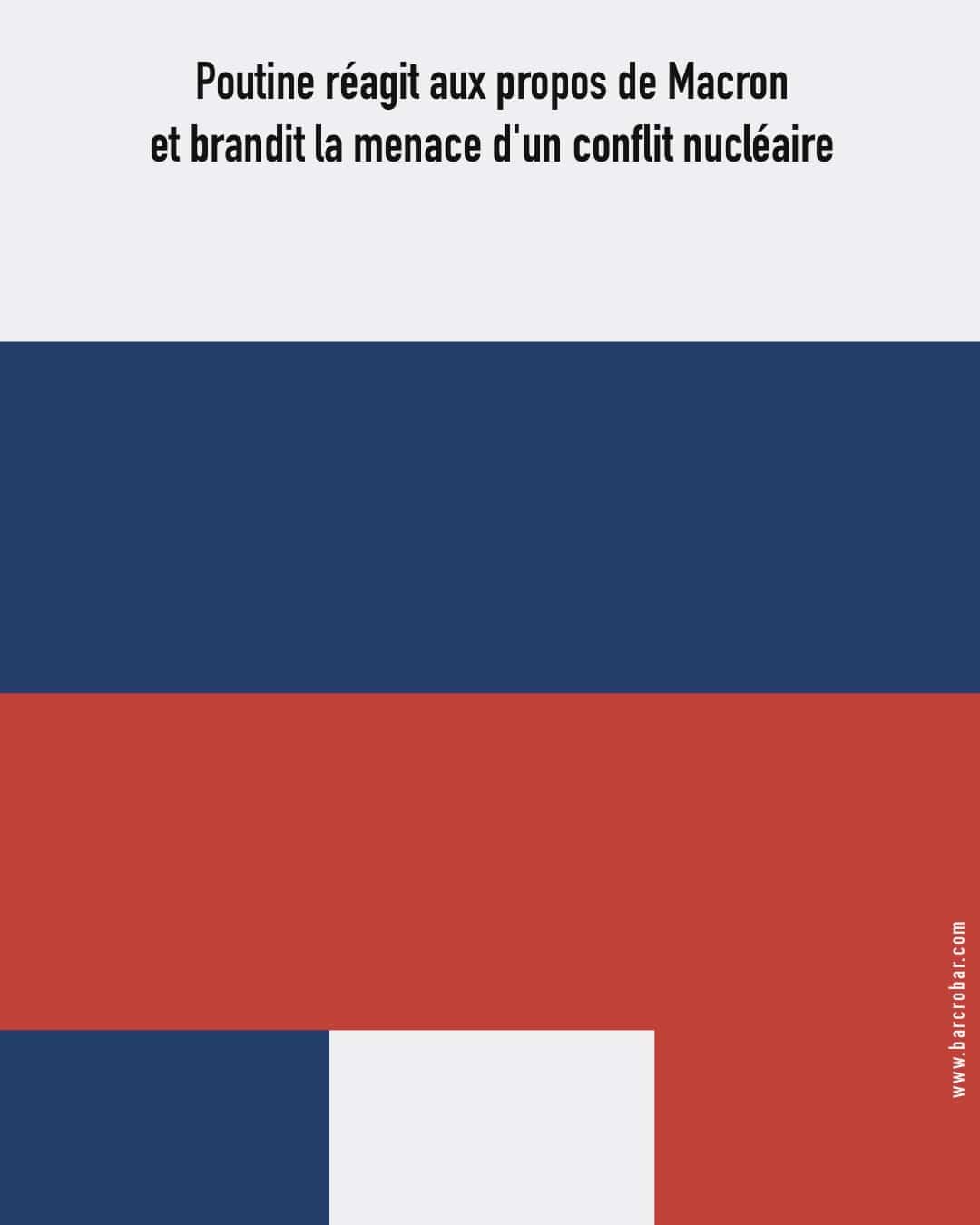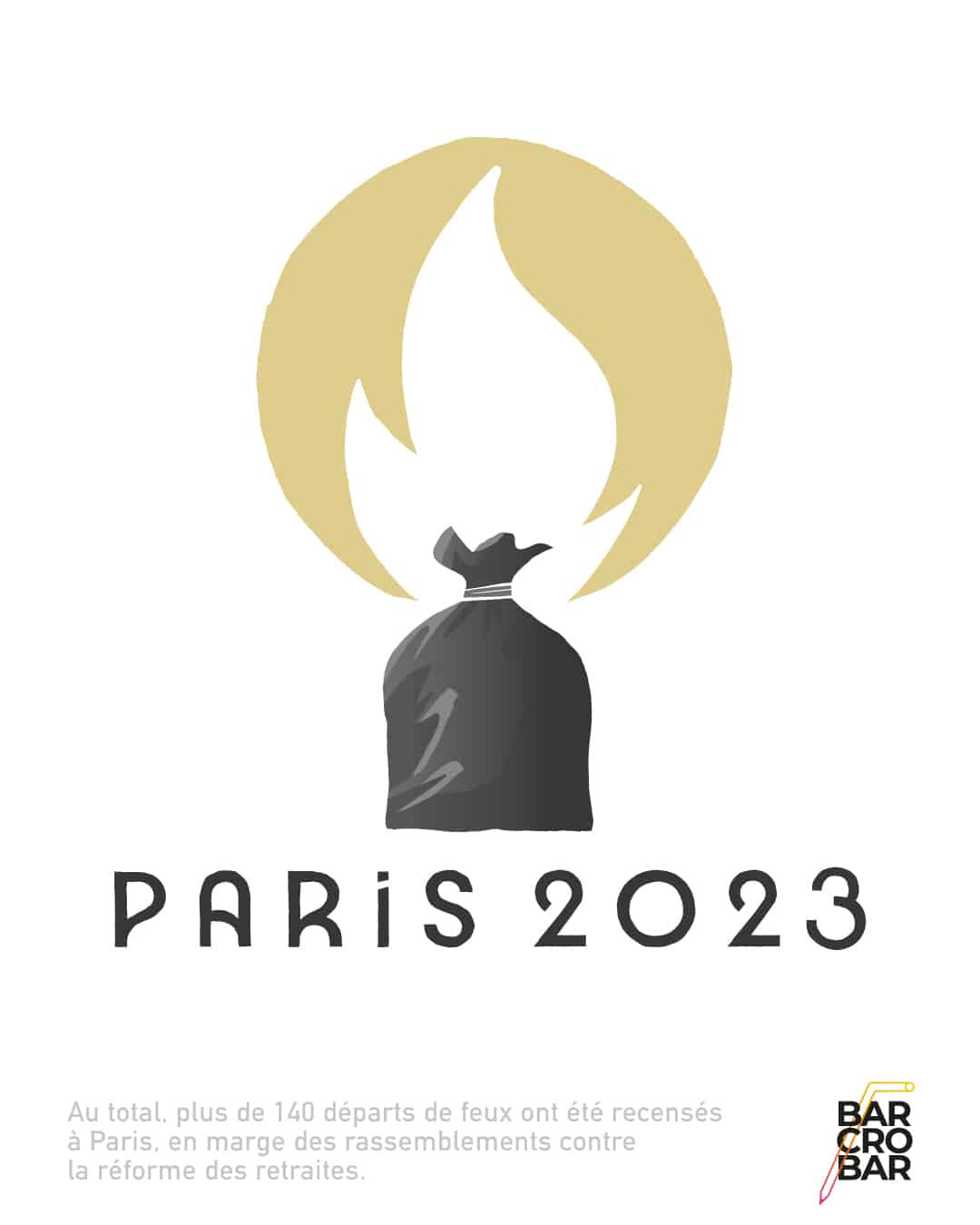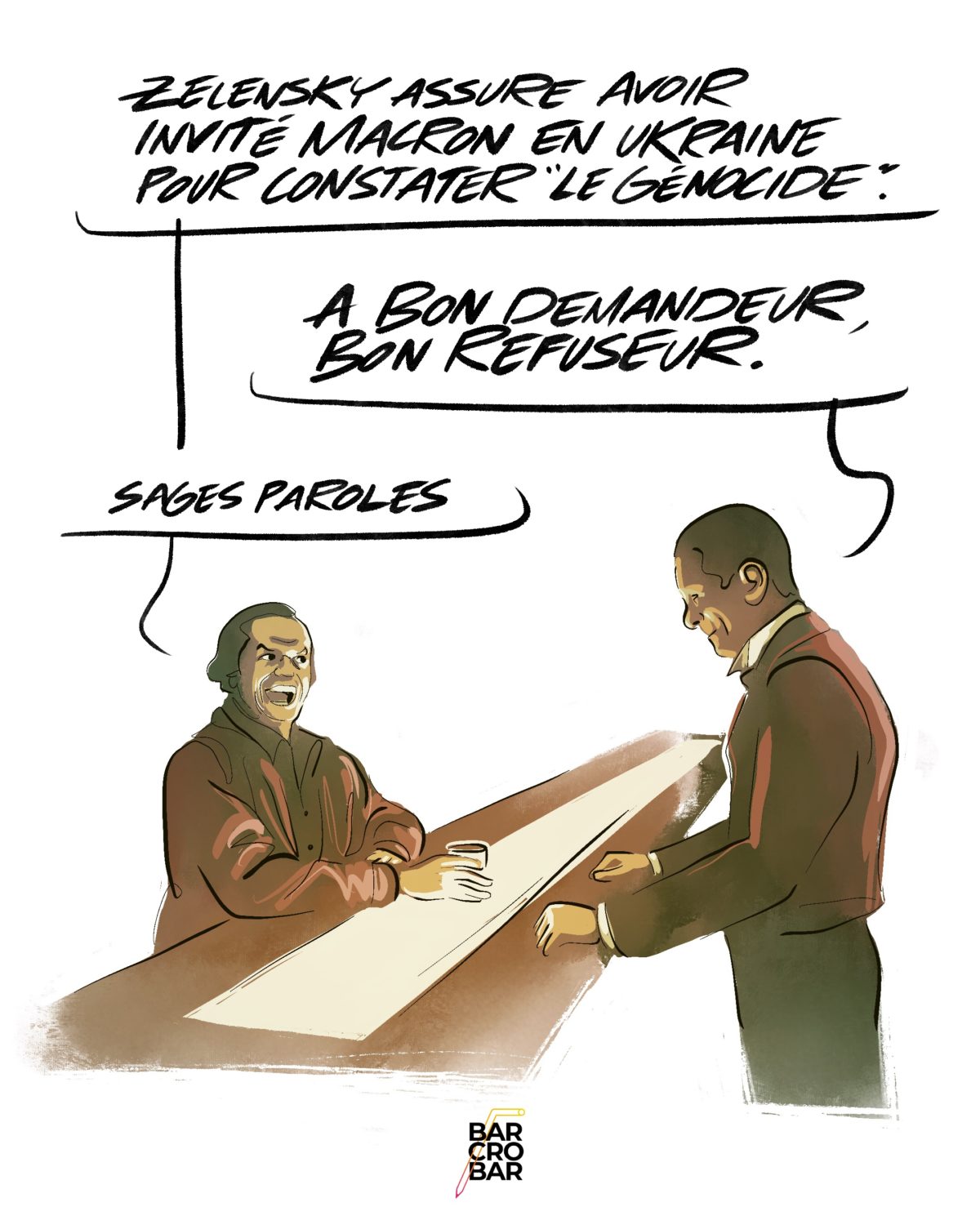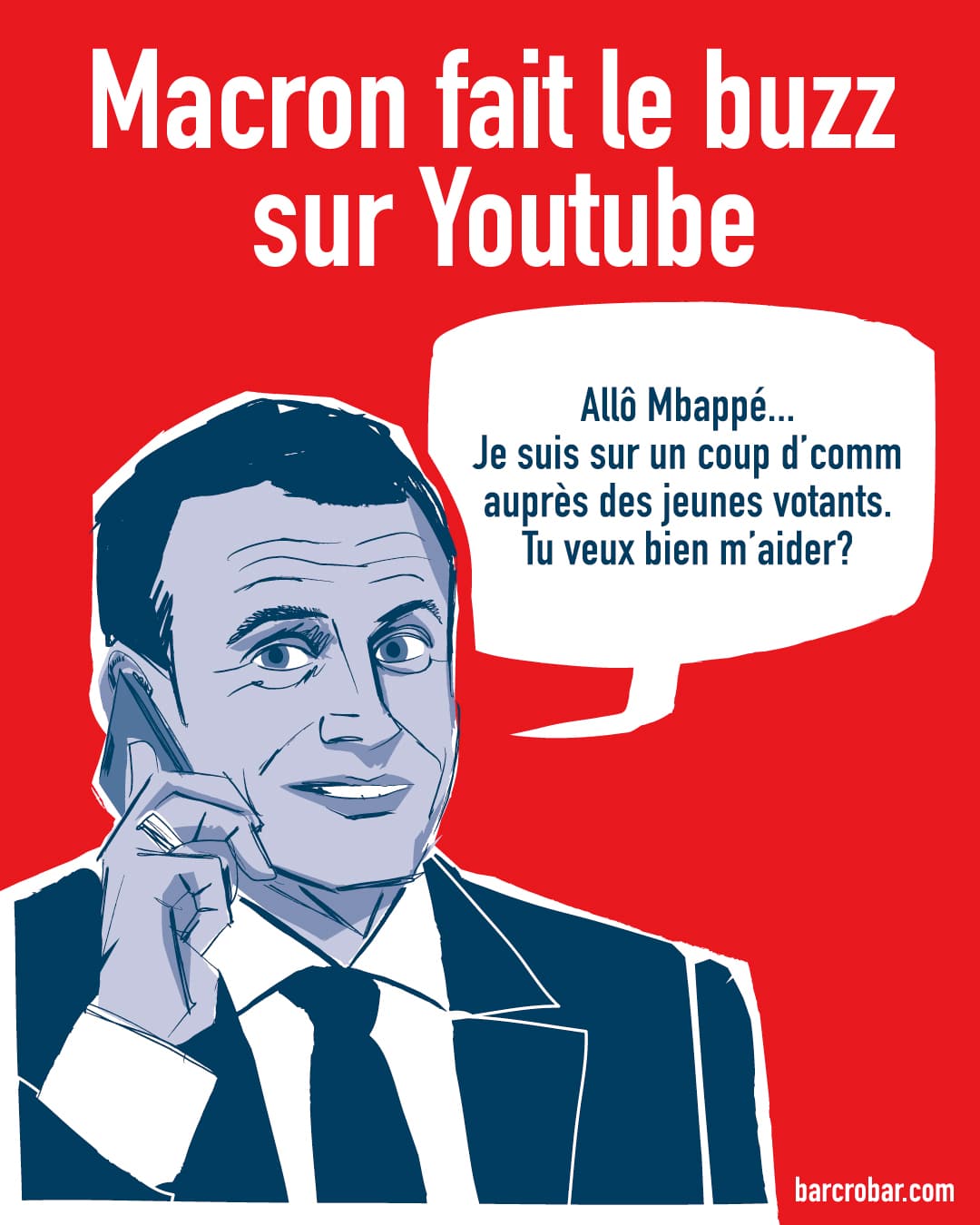Putin did not mince his words after Emmanuel Macron's remarks on Monday evening at the end of an international meeting on Ukraine. " There is no consensus today on sending troops on the ground in an official, accepted and endorsed manner. But as a dynamic process, nothing should be ruled out. "The French President said on Monday evening. Germany, the United States and NATO immediately disassociated themselves from his remarks.
Weapons " capable "to reach the territories of Western countries
To regular applause from the audience, the Russian President responded calmly in his address to the nation on Thursday. The master of the Kremlin felt that these threats were creating a " real "It also said that Russia had nuclear weapons. capable "to reach the territories of Western countries.
Western countries must understand that we too have weapons capable of hitting targets on your territory "warned the President Everything they're inventing at the moment, everything they're frightening the world with, is a real threat of a conflict involving the use of nuclear weapons, which would mean the destruction of civilisation. "he added.
Vladimir Putin also welcomed the progress made by his troops in Ukraine, who have scored several successes in recent weeks against Kiev forces on the defensive and short of ammunition. " The military capabilities of the (Russian) armed forces have been multiplied. They are advancing confidently in several directions. "
Russia is " ready for dialogue "with the United States
As a reminder, the Ukrainian army failed in its counter-offensive launched in the summer of 2023 and finds itself on the defensive against more numerous and better armed Russian soldiers. In mid-February, the Russians succeeded in seizing the fortress town of Avdiyevka on the eastern front and are continuing to push forward in this sector, to the satisfaction of Vladimir Putin.
" We kept the country together, we didn't allow it to be torn apart".he also said. He also lashed out at the current American authorities, accusing them of " want to show that they run the world as before In his view, Russia is "a threat" to the United States and "a demagoguery" in the run-up to the American presidential election in November. In his view, Russia is " ready for dialogue "with the United States on issues of strategic stability ".
The speech comes on the eve of the funeral of opposition figure Alexei Navalny
Thursday's speech also comes on the eve of the funeral planned in Moscow for his main opponent, anti-corruption campaigner Alexei Navalny, who died in prison on 16 February under murky circumstances. Vladimir Putin, who has never mentioned Alexei Navalny's name in public, has yet to comment on the death, which has shocked Western powers.
In his speeches to the nation, Vladimir Putin traditionally takes stock of the past year and sets out new strategic directions in front of his country's political and military elite. He also usually attacks the West, presented as the depraved enemy of the "traditional values" officially defended by the Kremlin. On the same occasion, in February 2023, he accused the West of using the conflict in Ukraine to " to finish "He reiterated his view that they were supporting neo-Nazi forces in Russia in order to consolidate an anti-Russian state there. He also called for " traitors "In Russia, in the midst of a crackdown on any voice critical of the Kremlin's policies and military intervention in Ukraine, with thousands of fines and dozens of heavy prison sentences.





